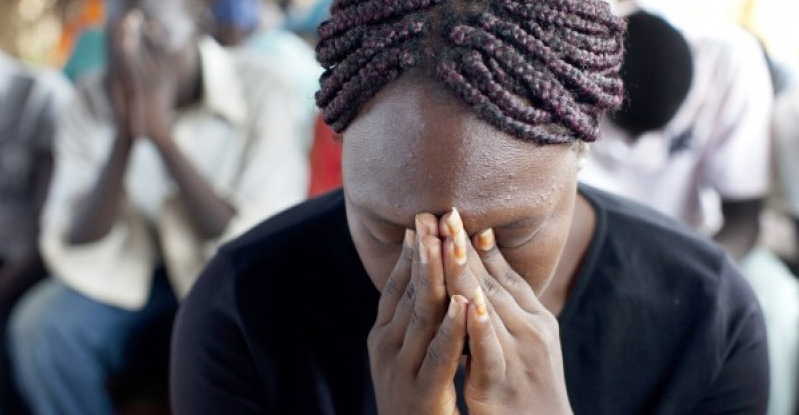
Authorities in southeastern Sudan arrested the headmaster of a Christian school last week and took over its property, sources said.
Armed police and officials from the National Intelligence and Security Services (NISS) on Sept. 5 arrested the Rev. Samuel Suliman and 12 teachers at the school in Madani, capital of Al Jazirah state. The Christians were accused of supporting the Sudan People's Liberation Army-North (SPLA-N), a rebel group fighting government forces farther south in the Nuba Mountains state of South Kordofan.
Strongly denying the charge after the accused were released on bail following eight hours in jail, Suliman told Morning Star News that police presented a letter from the National Ministry of Guidance and Endowments, addressed to the State Ministry of Social Welfare, ordering the handover of Evangelical Basic School to the government.
"Over the past days, we have experienced difficult times in the school," Suliman said, asking for prayer.
The school serves more than 1,000 students, ages 3 to 18, in Madani. Established by the American Mission in 1901, it belongs to the Sudan Presbyterian Evangelical Church.
Harassment, arrests and persecution of Christians have intensified since the secession of South Sudan in July 2011. The Sudanese Minister of Guidance and Endowments announced in April 2013 that no new licenses would be granted for building new churches in Sudan, citing a decrease in the South Sudanese population. Sudan since 2012 has expelled foreign Christians and bulldozed church buildings on the pretext that they belonged to South Sudanese.
Sudan fought a civil war with the South Sudanese from 1983 to 2005, and in June 2011, shortly before the secession of South Sudan the following month, the government began fighting a rebel group in the Nuba Mountains that has its roots in South Sudan. The rebels in the Nuba Mountains were formerly involved with the southern Sudan People's Liberation Army (SPLA) forces fighting Khartoum before the 2005 Comprehensive Peace Agreement (CPA).
Fighting between Sudan and South Sudan broke out in June 2011, when Khartoum forcefully attempted to disarm the SPLA-N in South Kordofan by force rather than awaiting a process of disarmament as called for in the CPA. When the CPA was signed in 2005, the people of South Kordofan were to vote on whether to join the north or the south, but the state governor suspended the process.
Ethnic Nuba, along with Christians, face discrimination in Sudan, where President Omar al-Bashir has vowed to adopt a stricter version of sharia (Islamic law) and recognize only Islamic culture and the Arabic language.
The Nuba people have longstanding complaints against Khartoum - including neglect, oppression and forced conversions to Islam in a 1990s jihad - but as Sudanese citizens on the northern side of the border, they were never given the option of secession in the 2005 peace pact between northern and southern Sudan.
Due to its treatment of Christians and other human rights violations, Sudan has been designated a Country of Particular Concern by the U.S. State Department since 1999, and the U.S. Commission on International Religious Freedom recommended the country remain on the list in its 2016 report.
Sudan ranked eighth on Christian support organization Open Doors' 2016 World Watch List of countries where Christians face most persecution.







